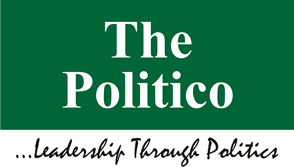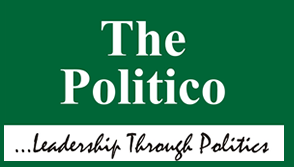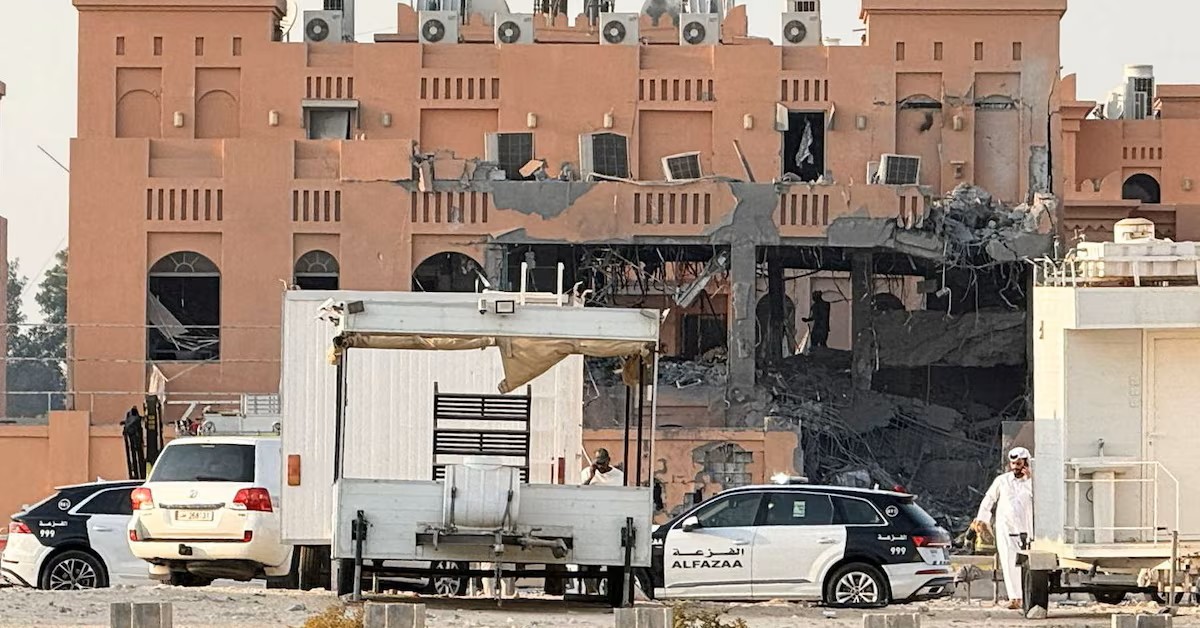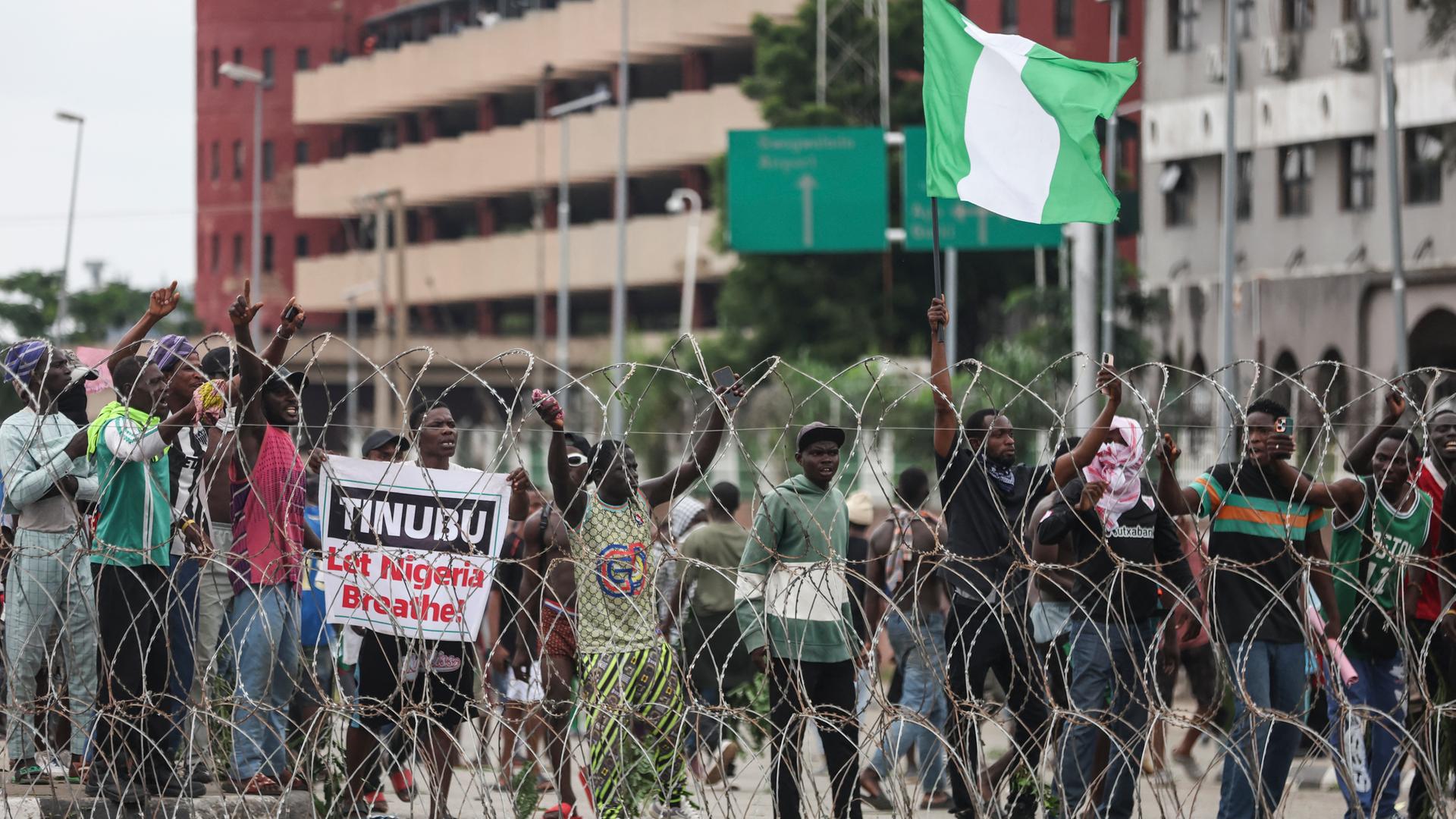In “Understanding International Credibility and Its Changes: Taking China as an Example,” Jiang Fangfei describes international credibility as how other nations assess a country’s trustworthiness in terms of capabilities and intentions. This credibility reflects both national actions and reputation within the global community.
In the paper, Fangfei stated that the development, maintenance, and enhancement of a nation’s international credibility are contingent upon five key factors: robust hard power, effective comprehensive governance and contractual capacities, strong government credibility and domestic social cohesion, reliable foreign policies and behavior, as well as advanced international communication abilities and influence over public opinion.
In statecraft, credibility is essential for advancing national interests. It relies on trust worthiness and consistency between a nation’s statements and actions. A credible nation fulfills its promises, respects treaties, and follows both international law and established norms. Building such credibility takes considerable time and steady conduct.
In diplomacy, credibility enhances a nation’s ability to build alliances, deter opponents, and protect its interests without frequent use of force. High credibility ensures warnings are respected and agreements trusted, while low credibility weakens alliances and reduces influence.
The reported bombing by Israel targeting Hamas leaders within Qatar highlights the complexities and considerations surrounding credibility in international relations.
Israel’s military action on foreign territory without host nation approval, compounds its already dwindled credibility. Such actions are contrary to international law, present challenges to state sovereignty, and potentially complicate the U.S.-supported mediation efforts by Qatar to broker the release of Israeli hostages by Hamas and achieve a ceasefire that will cut down on the barbarous mass killings of Palestinians by the Israel Defense Forces (IDF).
The Israeli airstrike has notably affected the credibility of the United States within international politics, especially in the Middle East. Taking place in the capital of a significant non-NATO U.S. ally and a principal mediator in the Israel-Hamas conflict, the strike has prompted concerns regarding a potential decline in U.S. influence.
The U.S. has historically relied on Qatar to host Hamas’s political office and facilitate negotiations as an intermediary. The recent strike, which occurred while Hamas leaders were reportedly reviewing a U.S.-supported ceasefire proposal, challenges Qatar’s sovereignty and its role as a neutral diplomatic center. Qatari officials expressed strong concerns, with the Prime Minister characterizing the incident as “state terror” and indicating that it has significantly diminished prospects for reaching a hostage agreement.
The strike raises concerns about the U.S.’s reliability in protecting allies and upholding diplomatic commitments. Qatar, home to a major U.S. base, saw its security assurances ignored, which may prompt other countries to reconsider the U.S. as a dependable security partner.
Although the U.S. government publicly stated that the strike “does not advance Israel or America’s goals,” reports indicate that the U.S. was notified of the attack beforehand. This may point to a discrepancy between the United States’ public statements and its actions, or possibly reflects limitations in its capacity to prevent actions it considers unhelpful.
Some analysts, especially in the Arab world, think Israel would not have launched the strike without at least tacit U.S. approval. Whether or not that is true, the perception that the U.S. approved or could not prevent the attack harms its reputation.
The recent attack has generated significant concern and heightened insecurity throughout the Persian Gulf region. Arab states that have worked to strengthen ties with the United States and Israel, including the UAE and Saudi Arabia, may now reassess the stability and advantages of these alliances. As a result, this incident may prompt these nations to further diversify their international partnerships by engaging more actively with countries such as China and Russia, rather than maintaining exclusive reliance on the United States for security support.
Contrary to President Donald Trump’s posturing as a Nobel Peace Prize hopeful, the strike poses a risk to ongoing ceasefire negotiations and may contribute to a broader escalation of the conflict. Israel’s demonstrated readiness to target Hamas leaders in diverse locations effectively broadens the operational theater, which could prompt retaliatory measures from other actors in the region.
In nutshell, the Israeli bombing of Hamas leaders in Qatar has been described by international observers as affecting perceptions of U.S. credibility. The incident has drawn attention to the scope of American influence over Israel and its implications for a U.S.-supported diplomatic initiative, as well as U.S. relations with regional partners. This development has prompted discussions about the U.S.’s role as a security guarantor and mediator in the Middle East.
Mustapha Shehu, a graduate of The Fletcher School of Law and Diplomacy, currently serves as the Chief Executive Officer of Veritas Media Limited, based in Abuja, Nigeria.







